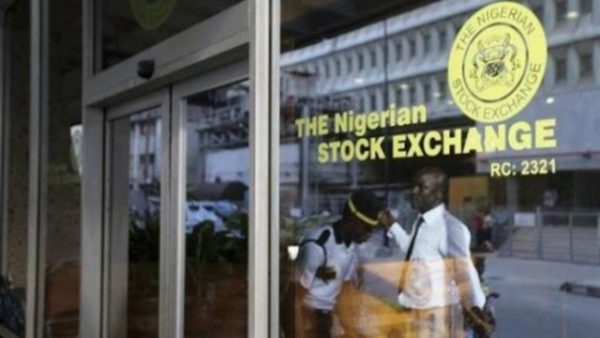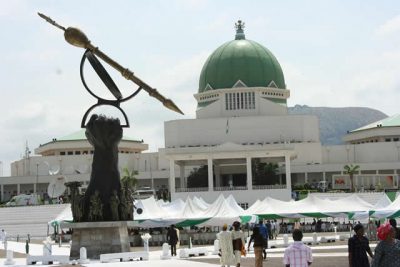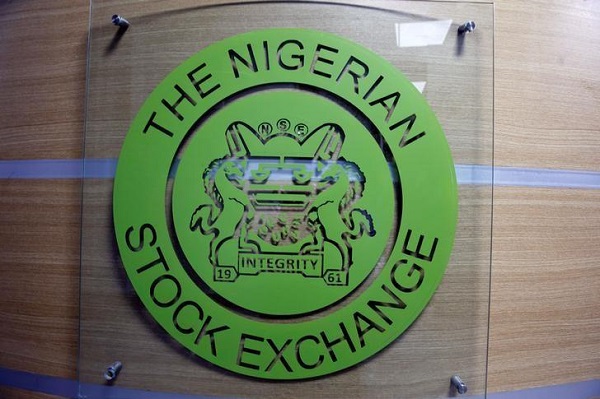We Can Save N985bn From 450 Agencies – Adeosun

The Minister of Finance, Mrs. Kemi Adeosun, says she can save up to $5bn (N985bn) annually by cracking down on waste and leakages in over 450 Federal Government Ministries, Departments and Agencies.
The strategy, according to a report by the Wall Street Journal, will determine how well the Nigerian economy weathers its slowest economic growth spell since 1999.
Adeosun, who took office last month, offered an early glimpse of how the Federal Government was planning to navigate the crash in oil prices that had beset oil-exporting countries globally.
The Federal Government’s revenue has fallen by about 60 per cent from the height of the oil boom more than a year ago, she said.
To compensate for those lost funds, the former investment banker said she would scrutinise the prices that the government agencies pay for everything from plane tickets to office supplies.
She said next year’s budget would also include caps on increases to the salaries of government workers.
“We’re trying to rein everybody in,” Adeosun, said from behind the desk vacated in May by her predecessor, Dr. Ngozi Okonjo-Iweala.
“I don’t expect anybody to like it, but I also expect people to understand that where we find ourselves, there’s no choice,” she added.
Some economists have questioned whether Adeosun has the same clout as Okonjo-Iweala to help the government attract foreign capital in a moment of economic crisis.
The International Monetary Fund expects Nigeria’s economy to grow by just four per cent this year, the slowest rate since the military relinquished power in 1999. Some economists put the forecast closer to three per cent.
Adeosun acknowledged those concerns and said she was ready to prove them wrong.
“People don’t know much about me—that’s good,” said Adeosun, who served previously as the Commissioner for Finance in Ogun State.
“It gives me the opportunity to get on and do the job. Because I’m a doer,” she added.
Investors have pulled back from Nigeria, selling bonds, stocks and the naira currency on expectations that the central bank will be forced to devalue the naira further as oil prices remain in the doldrums.
Adeosun declined to comment on how long the CBN could maintain its peg of N199 to the United States dollar.
Meanwhile, businesses in Nigeria have seen an abrupt change since former President Goodluck Jonathan was voted out of office in March in favour of Muhammadu Buhari.
Buhari had vowed to go after corrupt officials and the companies that do business with them. Adeosun said that crackdown on graft could weigh on growth for a year or two.
“We’ve got to put the house in order, then people will see the growth. People must look at the Nigerian opportunity as a long term opportunity…a bit like a marriage. You stick with it, find a way to make it work. That’s the spirit.”
Africa’s most populous nation, which grows by 13,000 citizens a day, faces massive infrastructure shortfalls.
Aside from expanding roads, power lines, and rails, Buhari’s government is also standing by an expensive pledge to issue monthly N5,000 welfare stipends to as many as 25 million unemployed Nigerians, Adeosun said.








